Market Analysis
In-depth Analysis of Air Separation Plant Market Industry Landscape
The global air separation plant market is set to reach US$ 9.5 BN by 2030, at a 5.3% CAGR between years 2023-2030. Dynamic and constantly changing market characteristics are driven by growing demand for industrial gases in different industries. These plants play a very significant role in the manufacture of these gaseous elements like oxygen nitrogen and argon that finds application on various aspects including medicine, metallurgy, and electronics. The increasing global industrial sector is one of the market development factors since in this industry, demand for industrial gases continues to grow. This is particularly clear in developing economies where rapid industrialization and infrastructure development are taking place. In addition to this, technological advancements have resulted in the evolution of better and more economical air separation plants thus propelling demand globally. Manufacturers are spending on research and development to make these plants more productive and sustainable, for addressing the concern of environment while complying with strict regulations. air separation plants have greatly benefited from the integration of advanced technologies such as cryogenics distillation and pressure swing adsorption. The energy sector also has a crucial role to play in determining the market dynamics of air separation plants. The rising popularity of clean and renewable fuel across the industrial applications has also increased demand for IGs. Furthermore, the growth of new markets especially after world health crisis has created more demand for medical gases including oxygen driving air separation plant market. Economic conditions and geopolitical factors also impact market dynamics. Various factors influencing the markets for industries’ investments are varied depending on global economic conditions which, in turn influence air separation plant market demand based on volume. However, trade policies, international relations, and geopolitical tensions may also have effects on the market growth path as these can affect supply chain stability and accessibility of markets. This industry also exhibits certain competitive forces. This market is dominated by major players who are endeavoring to achieve competitive advantage through mergers and acquisitions, technological innovation, and strategic partnerships. Market players also increasing their international presence to explore new and upcoming markets which help in making the industry competitive. The market of air separation plants is also shaped by the regulative cape. There are various countries and international bodies that set stringent environmental regulations and standards for the adoption of cleaner technologies within the industry.


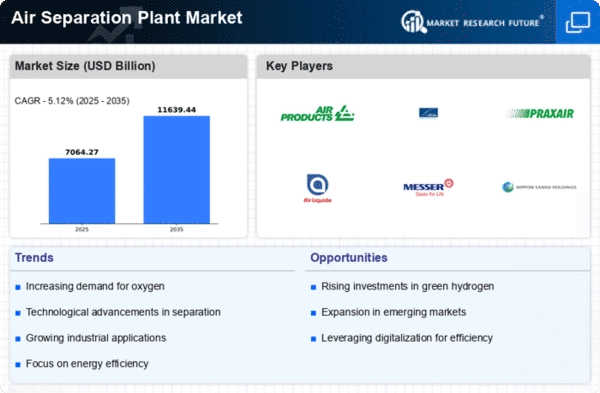
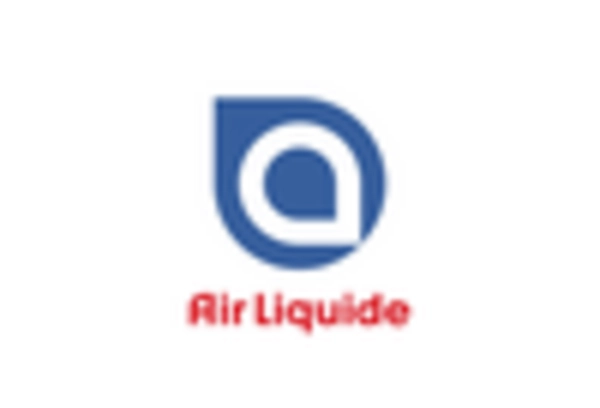
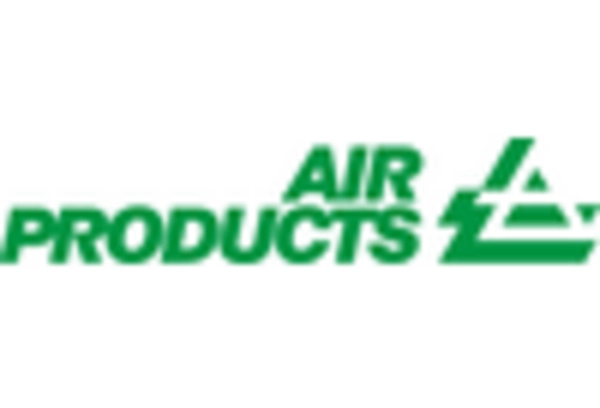
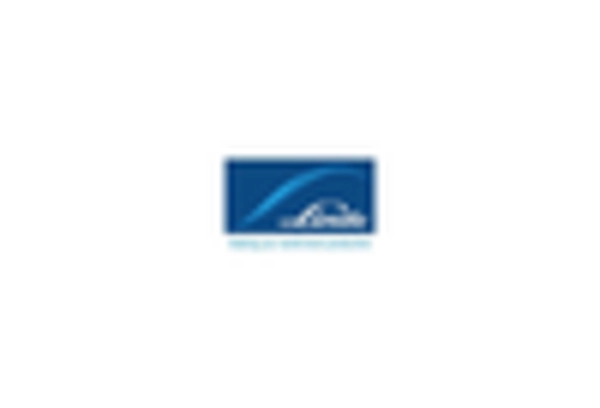
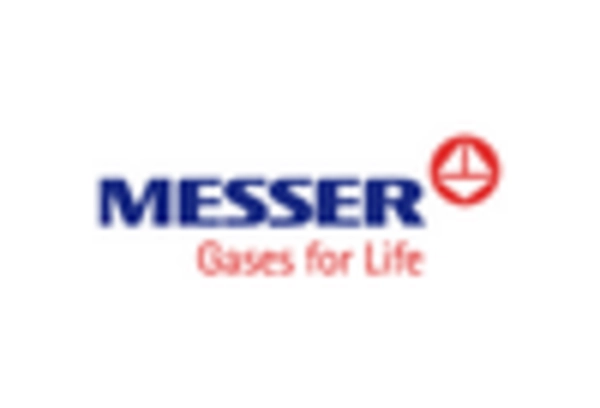
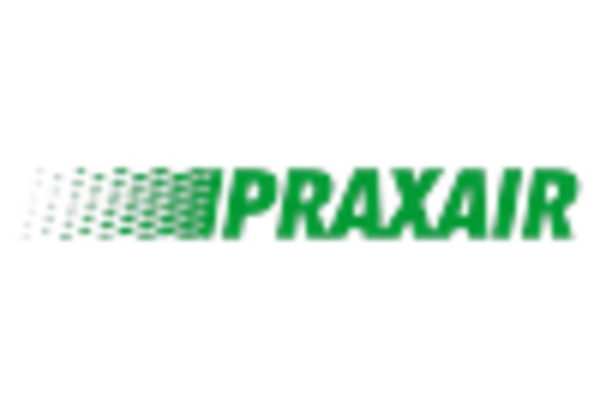
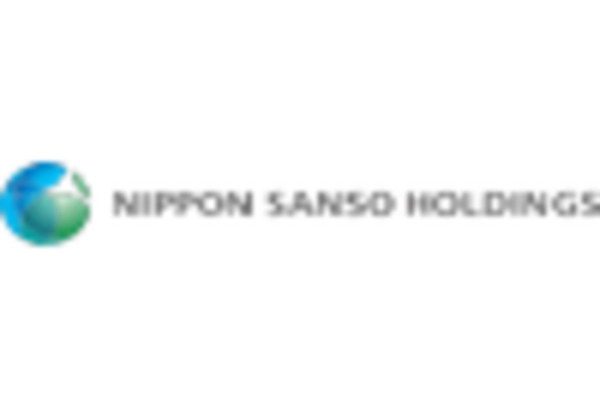









Leave a Comment